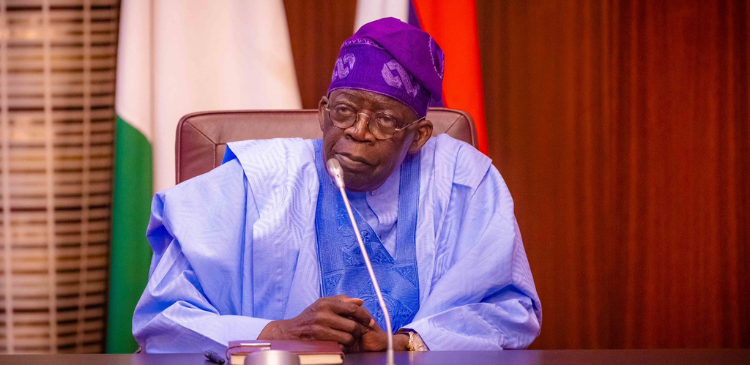President Bola Tinubu has hailed the progress made through his administration’s reforms, urging stronger collaboration between government, private sector, and international partners to steer Nigeria’s economy toward sustained growth and stability.
The President made the call during the 30th Nigerian Economic Summit held on Monday in Abuja.
The NES serves as a crucial platform for fostering dialogue and driving economic policy recommendations.
Represented by Vice President Kashim Shettima, the President highlighted the positive impact of the reforms undertaken by his administration which he said were designed to diversify Nigeria’s economy and reduce its over-reliance on oil revenues.
According to him, these initiatives are already beginning to deliver the much-needed change.
“The theme of this year’s Summit, “Collaborative Action for Growth, Competitiveness, and Stability,” could not be more appropriate, as it encapsulates the pressing need for concerted efforts to address the multidimensional issues we currently face.
“Like many other nations, Nigeria has experienced significant economic turbulence over the past few years. The challenges have been global and domestic—ranging from the COVID-19 pandemic and fluctuating oil prices to internal security issues, inflation, and structural weaknesses in our economy, such as over-reliance on oil revenue and lack of economic diversification…
“I am pleased to report that we are making significant strides in addressing several key issues, including regulatory bottlenecks and ease of doing business challenges. This progress should instill confidence in our collective ability to overcome these challenges,” he stated.
The President pointed to the removal of fuel subsidies, the unification of forex rates, and a renewed focus on agriculture, manufacturing, and the digital economy as critical drivers of Nigeria’s future prosperity.
He stressed that economic diversification remains at the heart of his administration’s agenda, noting that this is vital to creating jobs and boosting income levels for the rapidly growing population.
Tinubu also underscored the importance of ongoing investments in critical infrastructure projects such as roads, railways, and power plants.
He noted that these projects are key to enhancing connectivity and productivity, promising that regulatory reforms aimed at easing the business environment were on track.
“We are making significant progress in reducing bureaucratic bottlenecks, particularly in sectors that drive entrepreneurship and innovation,” Tinubu stated.
Acknowledging the vital role of small and medium-sized enterprises, the President outlined the launch of MSME hubs, single-digit interest loans for manufacturers, and a new Credit Corporation that offers workers access to consumer loans at low interest rates as measures his government has taken to support entrepreneurs.
On the issue of security, the President reaffirmed the administration’s commitment to combating terrorism and banditry, which continue to undermine Nigeria’s stability.
Punch






Leave a Reply